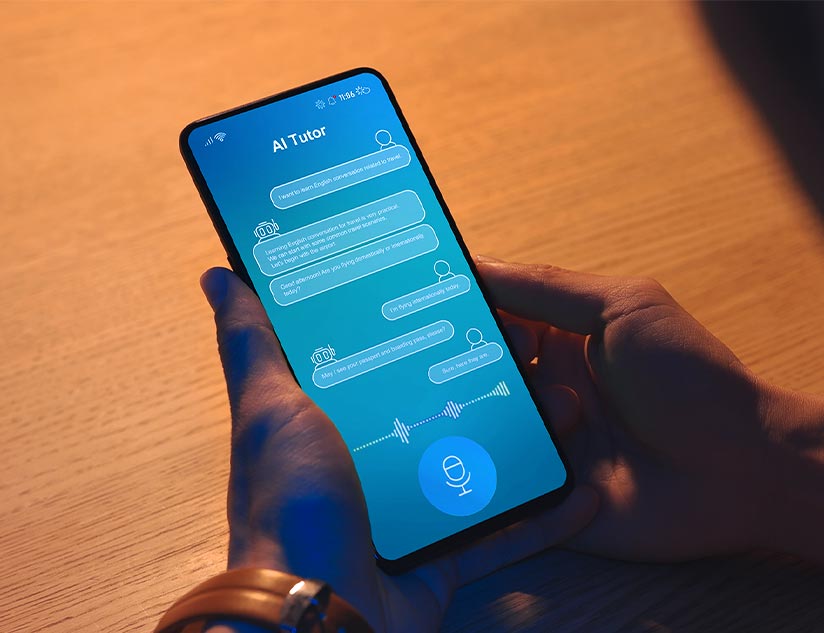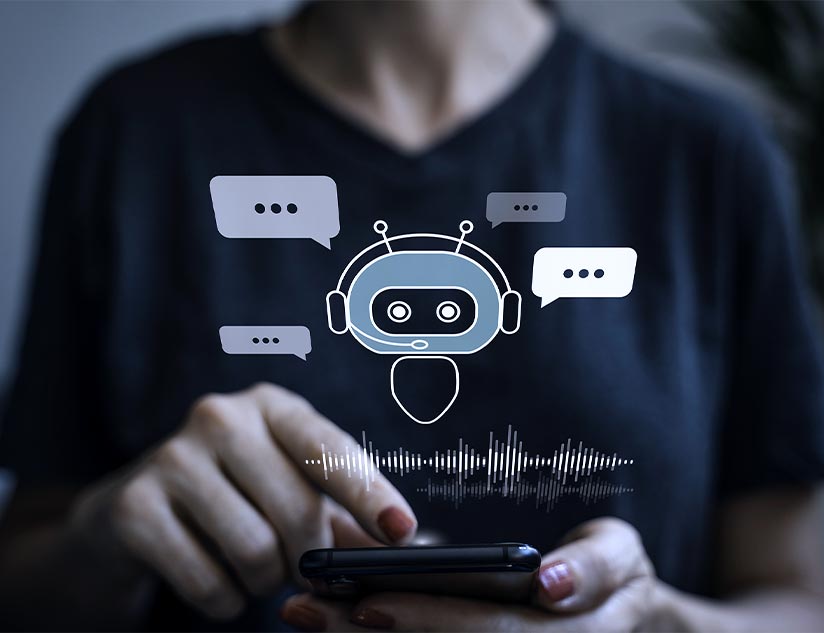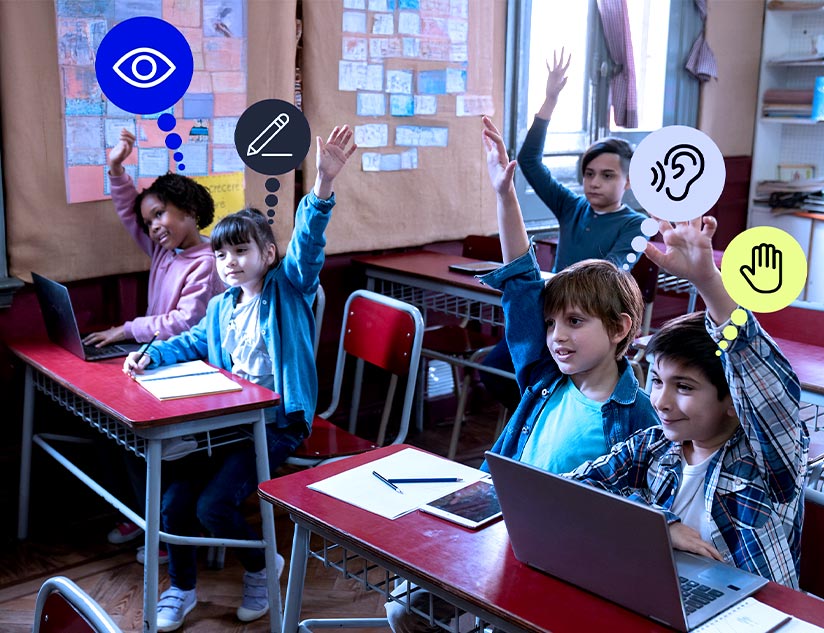Artificial intelligence is slowly making its way into various fields, including medicine, automobile industry, and more importantly, education. Although there has been mixed reactions to the integration of artificial intelligence systems into traditional teaching methods, there have been encouraging results as well. A question that is asked by many experts all over the world is whether artificial intelligence is replacing traditional teaching in its entirety. The answer is complex, since artificial intelligence isn’t replacing the human aspect of teaching per se. On the contrary, it is becoming quite a useful counterpart of the teaching profession. There are a few aspects of artificial intelligence that are worth exploring:
Artificial Intelligence systems can help automate tedious tasks
At teaching institutions, grading a test, assignment or term paper is a tedious task that plagues many teachers. Additionally, teachers often find themselves engaged in the long and time-consuming activity of data entry owing to many of the aforementioned tasks. Instead of manually entering data and scores for students, teachers could be spending the same time preparing for a class, or interacting with students, or working on their students’ skills. With artificial intelligence systems, teachers are slowly coming to terms with the technological advancement that scoring and grading could be made significantly less time-consuming and much easier.
Educational software can adapt to fit student needs
The most important aspect of artificial intelligence implementation in education is the fact that it offers individualized learning. This means that artificial intelligence systems respond differently to the needs of each student, while focusing on areas where the student needs assistance, reinforcement, and emphasis. An added benefit of the integration of artificial intelligence-based systems is that students can learn at their own pace.
Artificial Intelligence programs offer valuable feedback and analysis
Artificial intelligence is not just limited to creating new courses and instruction methods; rather, it provides helpful feedback to both students and teachers. Some institutes are now offering artificial intelligence programs that monitor student progress over a given period of time, and subsequently alerting professors if and when there is a change in a student’s performance.
Artificial Intelligence ensures no student gets left behind
A key element of learning is trial-and-error. However, many students find themselves amidst fear and embarrassment, when they realise that they’re not keeping up to the mark in a certain class or with a particular assignment. Other students struggle with being put into a spot in front of their peers or teachers. With an artificial intelligence system, which uses interactive content development, students can experiment and learn in a less rigid system, with digital tutors offering solutions for improvement.
Therefore, to assume that artificial intelligence is replacing traditional teaching methods would be a bit of an inaccuracy. In fact, artificial intelligence is making itself a part of teaching & instruction programs, and there is a growing coexistence between traditional methods and artificial intelligence. With a simulation based experience and a better environment for students to learn, artificial intelligence is now offering a more adaptive and interactive platform for students and teachers to benefit from, all over the world.














